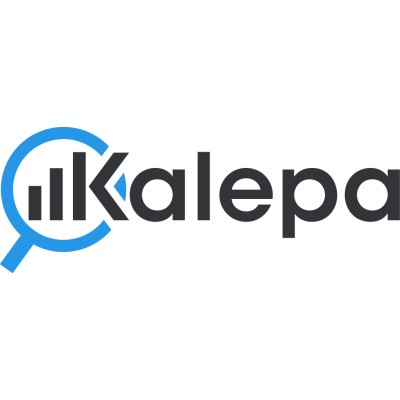
Kalepa envisions a future where the intricate challenges of commercial and specialty insurance underwriting are transformed by the intelligent synthesis of vast data, empowering underwriters to make faster, more accurate, and confident coverage decisions. By integrating AI deeply yet respectfully into the underwriting process, Kalepa aims to elevate industry standards without disrupting the core expertise that has long defined insurance.
At the heart of Kalepa’s mission lies Copilot, an advanced AI platform that harnesses the power of billions of data points—from loss histories to real-time external sources—to illuminate risk and optimize portfolios. The company is building a future where underwriters and AI coexist in a dynamic partnership, continuously adapting and learning to deliver unprecedented operational efficiency and profitability.
Kalepa’s ambition extends beyond technology itself; it is about reshaping trust and reliability in the insurance ecosystem, where each decision is underpinned by rigorous insight and enhanced clarity. Through innovation and collaboration with insurers, brokers, and platforms, Kalepa strives to create a more equitable and agile insurance landscape that meets the evolving needs of businesses worldwide.
Our Review
We've been watching Kalepa since 2018, and honestly, their approach to insurance tech feels refreshingly different. While most insurtech startups try to "disrupt" the industry by throwing out decades of expertise, Kalepa's Copilot platform actually respects what underwriters already know—then makes them superhuman with AI.
The founder's journey from nuclear physics to insurance tells you everything about their mindset. They're not here to replace human judgment; they're here to supercharge it with billions of data points that no human could possibly process alone.
What Makes Copilot Actually Work
Here's where Kalepa gets clever: instead of building another black-box AI that spits out mysterious recommendations, Copilot synthesizes data from everywhere—loss runs, web sources, third-party vendors—and presents it in a way underwriters can actually use. We love that it integrates without those painful 18-month implementations that kill momentum.
The platform doesn't just say "approve" or "deny." It helps underwriters understand why a risk looks good or sketchy, which means they can actually learn and get better over time.
Real Traction with Serious Players
When companies like Canopius and SECURA Insurance—not exactly known for jumping on tech fads—start expanding their use of your platform, you're doing something right. Canopius is rolling out Copilot across Property, Casualty, Marine, and Cyber lines, which suggests the AI actually delivers on its promises.
Being named to the InsurTech100 list three years running (2022, 2023, 2025) doesn't hurt either. That's not easy company to keep.
The Numbers Game
With about 30 employees and $14 million in funding, Kalepa's still in that sweet spot where they're big enough to handle enterprise clients but small enough to move fast. We appreciate that they're showing measurable improvements in combined ratios—the metric that actually matters in insurance.
Their sub-$5 million revenue puts them squarely in growth mode, which means early adopters might get more attention and customization than they would from a massive vendor.
Feature
AI-powered underwriting platform
Synthesizes billions of structured and unstructured data points
Delivers risk evaluation insights and recommendations
Improves underwriting accuracy and portfolio quality
Seamless integration with existing insurer workflows








